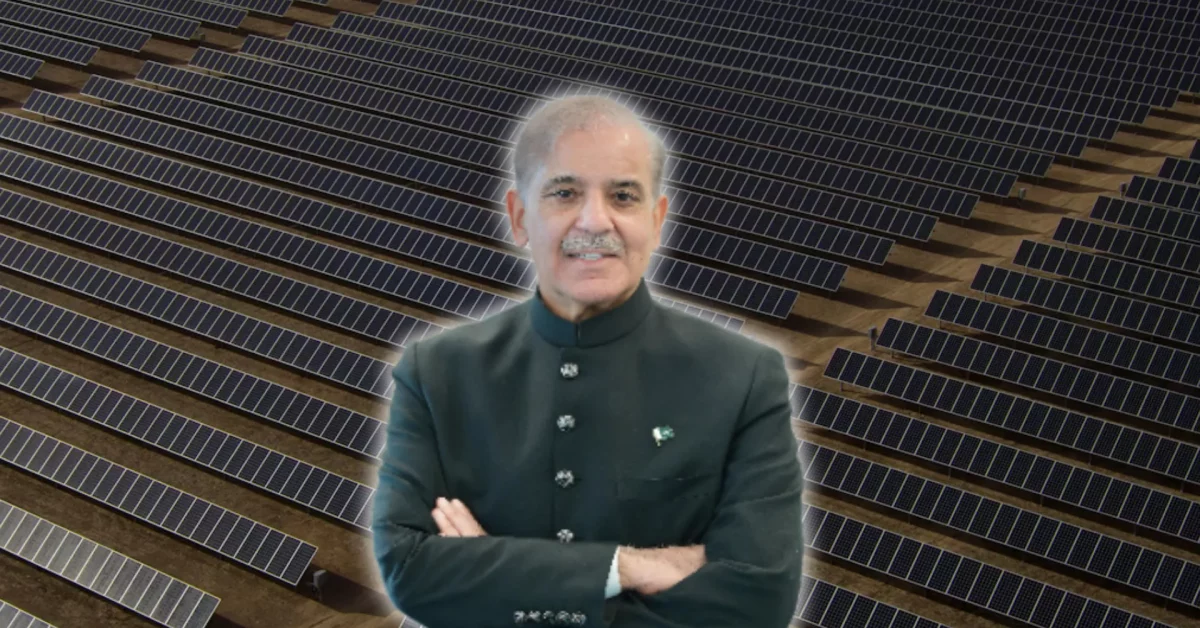
FBR to Hire 102 Experts for Industry-Wide Audits
August 13, 2025
IMF Delegation Visiting Pakistan by September End
August 14, 2025Prime Minister Shehbaz Sharif holds a meeting in Islamabad to push the 100 MW solar project in Gilgit-Baltistan to completion within a year. He will personally supervise the project and directs full federal funding for a climate-resilient infrastructure. The goal is to supply low-cost, eco-friendly electricity to the region and end long power outages.
The plan includes six solar parks in Gilgit, eight in Skardu, and six in Diamer, plus rooftop solar systems on 234 buildings in Gilgit, 179 in Skardu, and 66 in Diamer. A backup battery system with real time monitoring is also being developed. The project is being delivered with a focus on transparency and meeting international standards.
Awais Ahmad Khan Leghari has been appointed chairman of the Steering Committee overseeing the project. He and the team are briefed on construction costs, deadlines, and implementation details. The Prime Minister emphasizes integrating hydel and solar electricity to reduce outages during severe weather.
He stresses that solar energy is the most suitable solution for remote areas like Gilgit-Baltistan to help eliminate load shedding of up to eighteen to twenty hours. Renewable energy must be part of Pakistan’s energy mix to protect against climate change






